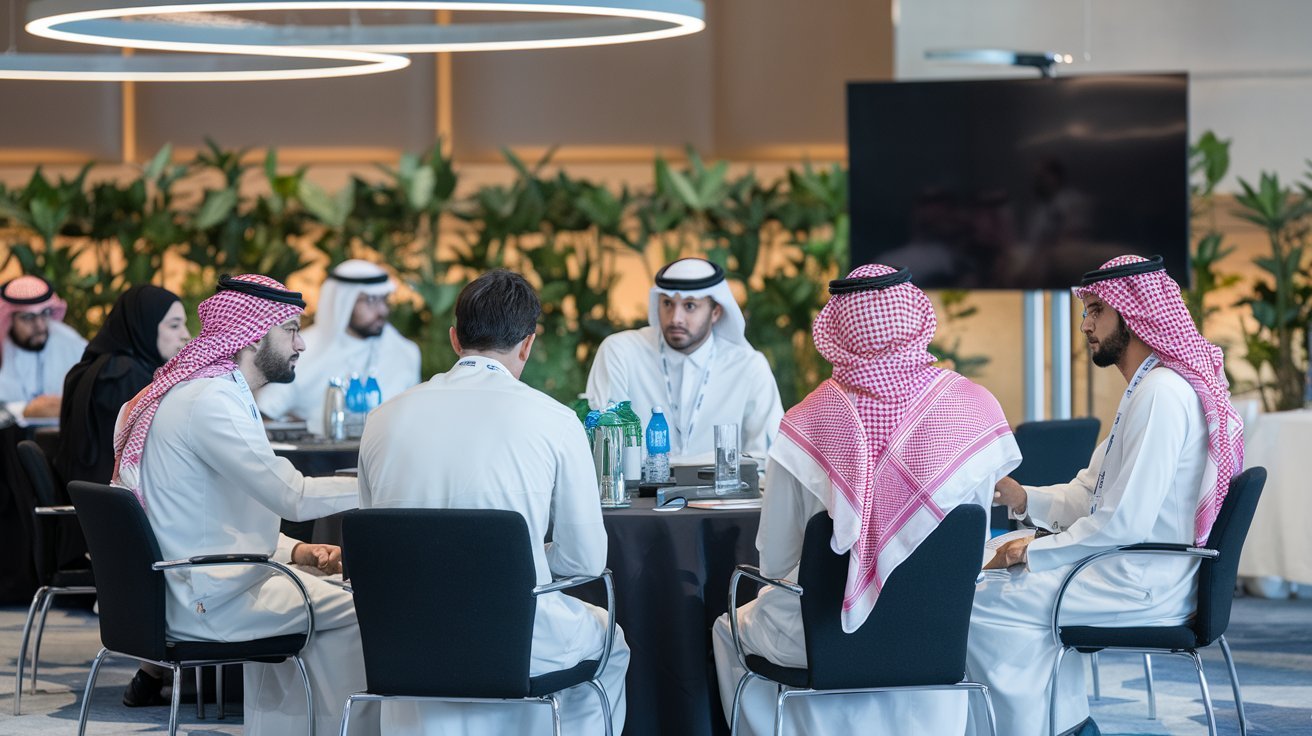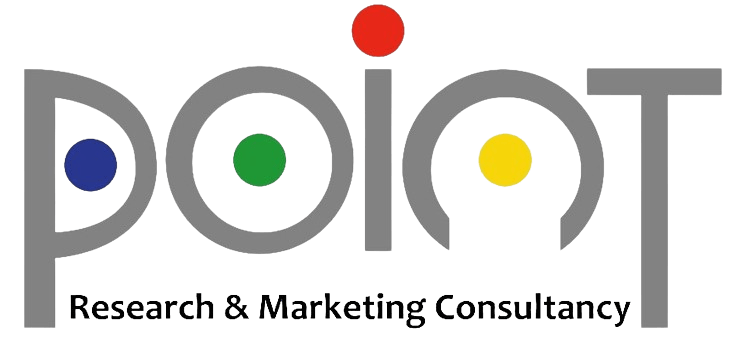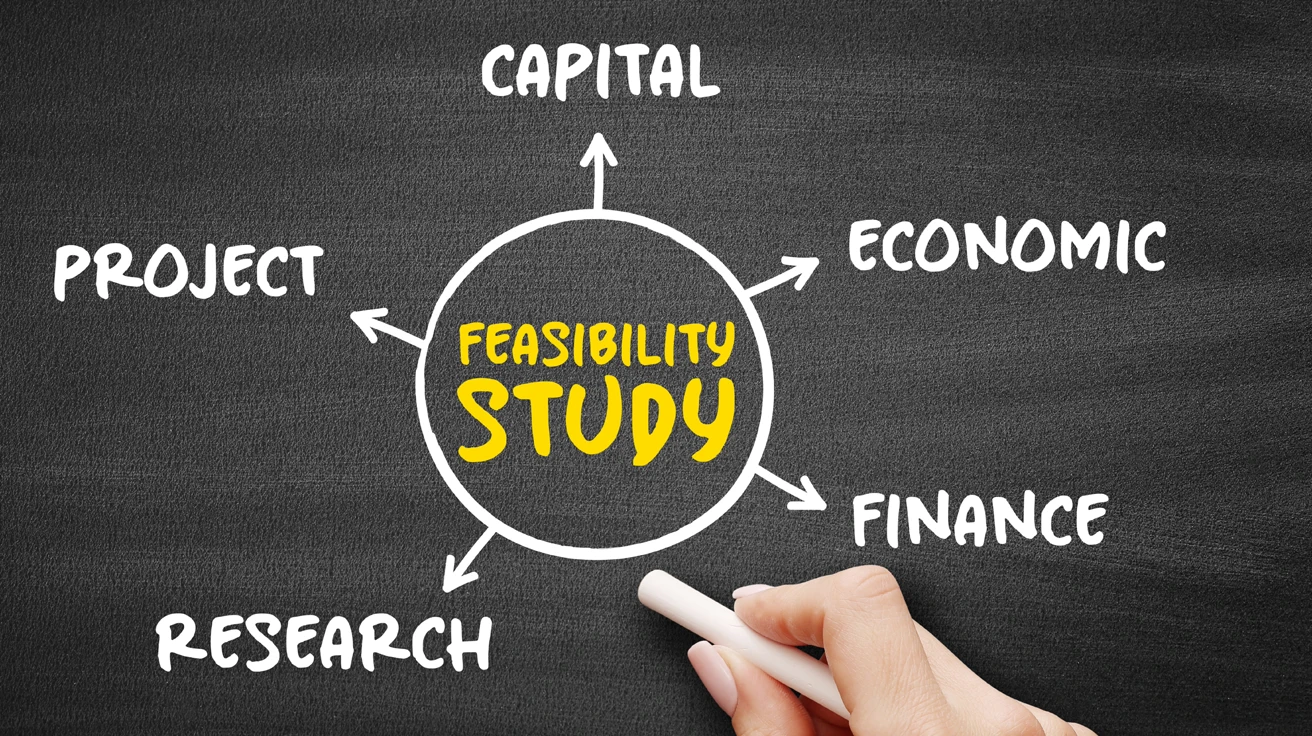
Introduction
The Khalifa Fund for Enterprise Development, established in 2007 in the UAE, is a pivotal organization that aims to support and promote entrepreneurship, innovation, and small and medium-sized enterprises (SMEs). With its expansion into Saudi Arabia (KSA), the Khalifa Fund is helping to diversify the economy, empower local entrepreneurs, and enhance the business ecosystem. A key component of starting any new venture under the support of the Khalifa Fund is conducting a Khalifa Fund Feasibility Study in KSA. This process is critical for evaluating the potential success of a project or business before committing to significant investments.
Importance of a Feasibility Study
A Khalifa Fund Feasibility Study in KSA is a comprehensive analysis that assesses the viability of a proposed business idea. It helps to determine whether the venture is technically, economically, and operationally feasible. This process includes an in-depth examination of various factors such as market demand, competitive landscape, financial projections, and operational requirements. For businesses in KSA, a feasibility study serves as a foundation for securing financial backing from the Khalifa Fund and other institutions.
Key Aspects of a Feasibility Study:
Market Analysis
Understanding the target market in Saudi Arabia is crucial. This includes evaluating customer demand, identifying competitors, and analyzing market trends. For example, KSA’s Vision 2030 aims to diversify the economy, opening opportunities in sectors like tourism, renewable energy, and technology. Entrepreneurs need to assess whether their business idea aligns with these national priorities.
Financial Projections
Detailed financial planning is a significant aspect of the Khalifa Fund Feasibility Study. This includes estimating start-up costs, operational expenses, revenue forecasts, and potential profitability. Saudi Arabia’s business environment has its own unique financial landscape, including tax regulations, funding opportunities, and potential government incentives that should be factored into these projections.
Legal and Regulatory Compliance
KSA has specific legal requirements for starting a business, which must be fully understood and integrated into the study. Entrepreneurs must ensure that their business complies with the country’s laws, including licensing, taxation, and industry-specific regulations.
Technical Feasibility
A critical element of the Khalifa Fund Feasibility Study in KSA is assessing whether the proposed business can be realistically executed with the available resources, including labor, infrastructure, and technology. In KSA, this might involve examining the availability of skilled labor, access to the required infrastructure, and compatibility with Saudi Arabia’s digital transformation initiatives.
Risk Analysis
Identifying potential risks is a crucial part of the feasibility study. In Saudi Arabia, political, economic, and social risks can affect the success of a business. Entrepreneurs need to anticipate potential challenges and develop strategies to mitigate these risks.
Why Khalifa Fund Requires a Feasibility Study
The Khalifa Fund requires a Khalifa Fund Feasibility Study in KSA to ensure that the businesses it supports have a solid foundation and are likely to succeed. The Fund aims to promote sustainable economic growth and job creation, and it can only achieve these goals by backing projects that have been thoroughly vetted. A well-prepared feasibility study demonstrates to the Khalifa Fund that the entrepreneur has a clear understanding of the market, potential risks, and the operational and financial requirements of the business.
In KSA, the economic landscape is rapidly evolving, and new businesses need to be adaptable and forward-thinking. The Khalifa Fund Feasibility Study in KSA acts as a roadmap, providing both the entrepreneur and the Khalifa Fund with insights into the potential success of the business.
Steps to Prepare a Khalifa Fund Feasibility Study in KSA
- Conduct Market Research:
Start by gathering data on your target industry in KSA. This could include surveys, interviews, or analyzing industry reports. Use this information to understand market demand and identify competitors. - Develop a Business Plan:
Your business plan should outline your business model, target market, value proposition, and marketing strategy. This forms the core of your Khalifa Fund Feasibility Study in KSA. - Financial Forecasting:
Create detailed financial projections, including start-up costs, break-even analysis, and profit margins. Make sure to factor in local economic conditions and funding options available in KSA. - Evaluate Legal Requirements:
Research the legal and regulatory requirements for your business in KSA. Consult with local experts if necessary to ensure compliance with Saudi laws. - Risk Assessment:
Identify potential risks to your business and develop mitigation strategies. This might include economic downturns, changes in government policies, or shifts in consumer behavior. - Compile the Study:
Once you’ve gathered all the necessary information, compile it into a comprehensive report. Make sure it is well-organized, with clear sections on each aspect of the Khalifa Fund Feasibility Study in KSA.
Conclusion
A Khalifa Fund Feasibility Study in KSA is a critical tool for entrepreneurs seeking support from the Khalifa Fund. It ensures that business ideas are thoroughly evaluated and aligned with market needs, financial realities, and regulatory frameworks. By conducting a robust feasibility study, entrepreneurs can increase their chances of securing funding and successfully launching their ventures in Saudi Arabia’s dynamic economy.
Post a comment Cancel reply
Related Posts
The Future of Shopping: UAE Consumer Behavior Trends for 2025
UAE Consumer Behavior is being transformed by emerging technologies, international trends, and evolving lifestyles as…
Importance of Product Testing in UAE for Business Success
Product Testing in UAE is quite simply the most critical process involved in developing and…
How Customer Satisfaction Surveys Can Transform Your Business
Customer satisfaction surveys are one of the best resources a company can utilize to…
Feasibility Analysis Study Cost: What Businesses Should Know
Feasibility Analysis Study is perhaps the most critical process for any company that would…







